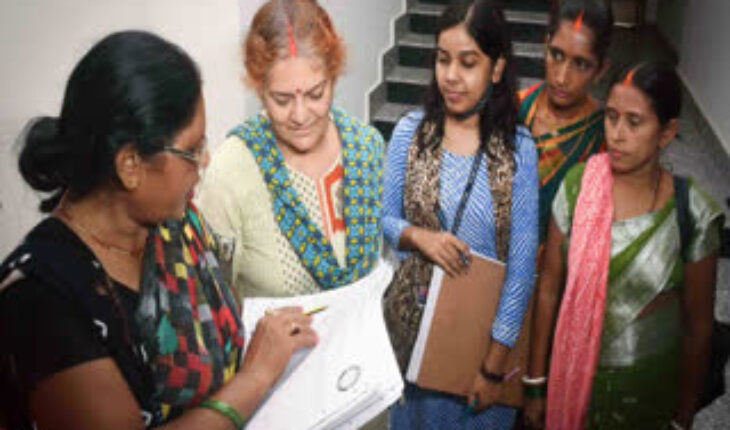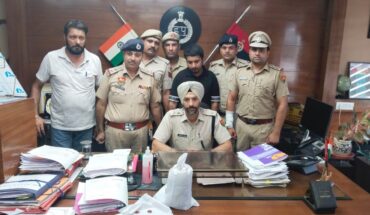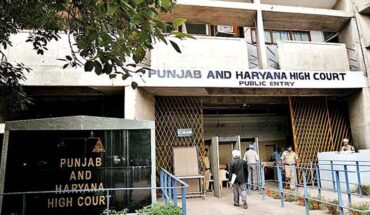Bengaluru: In a decisive move to strengthen social justice and ensure equitable access to government benefits, the Karnataka government has launched a comprehensive door-to-door caste survey across the state. The large-scale initiative, spearheaded by Chief Minister Siddaramaiah, aims to collect detailed data on Scheduled Caste (SC) communities, including their sub-castes, education levels, occupations, and economic status.
The survey, which commenced today, is the first such effort focused exclusively on internal categorization within the SC population. It will unfold in three phases from May 5 to May 23, with door-to-door visits scheduled till May 17, followed by special camps (May 19–21) and an online self-declaration option (May 19–23).
“This survey ensures that no community is left behind in Karnataka’s development journey,” said Chief Minister Siddaramaiah, addressing the media. “We are committed to implementing internal reservation based on data—not assumption.”
A Mission Grounded in Justice—The initiative follows a Supreme Court ruling on August 1, 2024, permitting states to introduce internal reservations among SCs provided they have empirical data. This survey aims to fill that critical gap. The one-member commission overseeing the effort is led by retired High Court judge Justice H.N. Nagamohan Das, who previously advocated for a data-driven approach to internal reservations.
The CM emphasized that the 2011 Census failed to collect disaggregated sub-caste data, making it difficult to assess how benefits have been distributed among various SC groups. The current survey seeks to correct that by mapping 101 sub-castes under the SC category by May 17.
A Grassroots Operation at Scale—The sheer scale of the survey is unprecedented. Over 65,000 school teachers, Anganwadi workers, and field staff have been deployed as enumerators, with one supervisor for every 10-12 workers. Each enumerator is expected to cover around 130 households, gathering data using a specially developed mobile application.
To safeguard privacy and data security, the app functions only between 6 am and 6 pm, locking automatically after hours. The data is uploaded in real-time to a secure central server, and around 6,000 Panchayat Development Officers will conduct random household audits to ensure accuracy.
Political Will Backed by Policy Clarity—Deputy Chief Minister D.K. Shivakumar, Minister H.C. Mahadevappa, K.H. Muniyappa, Political Secretary Nasir Ahmed, and Chief Secretary Shalini Rajneesh were also present at the official launch in Bengaluru, signaling strong political backing for the initiative.
“This is not just a survey; it is a policy-defining tool,” said Minister Mahadevappa. “With verifiable data, we can deliver justice where it’s due.”
Why Internal Reservation Matters—The concept of internal reservation stems from concerns that benefits under the SC quota are not being equitably accessed. Dominant sub-castes within the SC category often corner a disproportionate share of educational and job opportunities, leaving marginalized sub-groups behind.
By documenting the socio-economic status of each sub-caste, the government hopes to create tailored interventions and introduce internal quotas to ensure fair representation and upliftment.
Public Participation Is Key—Citizens are being urged to cooperate with enumerators and provide accurate information during home visits, at designated camps, or via the online submission portal. A dedicated helpline (9481359000) has been launched to answer public queries and facilitate participation.
A 60-Day Countdown to Equity—The Nagamohan Das Commission is expected to submit its findings within 60 days of data collection, after which the government will take a final call on internal reservation policies.
This exercise, officials say, is a step towards evidence-based governance—where policies are shaped not by guesswork but by grounded, verifiable data.






